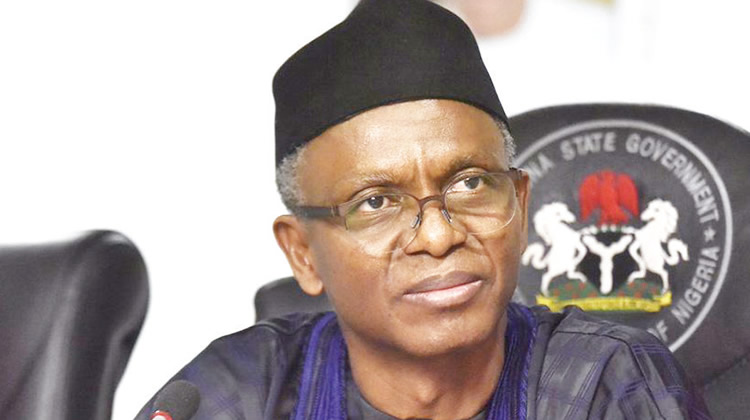Governor Nasir El Rufai has been described as a pacesetter who has the courage to break new grounds as a leader and has achieved a lot of “firsts” in his six years in office, Mr Ishaya Dare Akawu, former Chairman of National Assembly Service Commission has said.
Speaking on Tuesday at the 8th National and State Assembly Service Commission conference holding in Kaduna, Mr Akawu said that Kaduna state was the first to pioneer the electronic voting in the country, the first state to set up the Assembly Service Commission and the first state to host the National Service Commission when it was designing its mission and vision.
The former chairman of the National Assembly Service Commission also acknowledged that Governor El Rufai has completely changed the face of Kaduna state due to the numerous developmental projects that he has embarked upon.
Mr Akawu who described El Rufai as audacious, said that ‘’it appears that you don’t even have fear of your own safety. I want to think that that is a very peculiar gift that God has given you. ‘’
“Great leaders, for those of you who have read history, have been people who have come to break new grounds. They could be very unpopular when they are doing what they are doing, but history will determine your place,’’ he pointed out.
He said “Kaduna was amongst the first to establish the Assembly Service Commission. You are also the first to host the National Assembly Service Commission in 2001 when we were preparing our vision and mission, we held it in Kaduna.’’
Mr Akawu also advised the National Assembly to revisit the issue of electronic voting as it resumes plenary session, adding that ‘’everything may not have gone well but I think that it is something that deserves to be given attention.’’
He praised former Senate President Anyim Pius Anyim and ex House Speaker Ghali Umar Na’abba as the two people who midwifed the National Assembly Service Commission.
In his remarks, Governor El-Rufai argued that the theme of the annual conference, Repositioning Assembly Service Commissions for Optimal Service Delivery, is apt.
“No country can rise much above the quality of its public service, the men and women on whose shoulders rest the duty to deliver public goods, regulate markets and institutions and enforce law and order.
“This goal of service requires dedication and zeal, but also the skill, knowledge and human qualities to make the best choices in developing policies and in implementing programmes,’’ he added.









